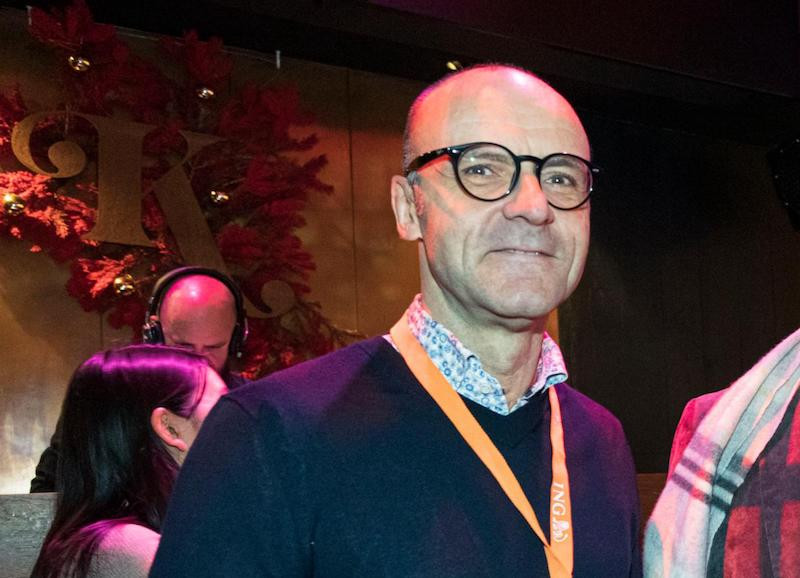As the end of the year is usually used to reflect on the past months, I couldn’t help but formulate a couple of ideas about the major economic and societal problems discussed during this year. No surprise, I am referring to the mobility and housing problem as well as to the question of qualitative growth (climate change included) that the country needs to improve material well-being and to finance our social security system.
Projections for our country’s economic growth, according to our government, suggest that supplementary jobs will be created and thus foster further economic growth but also more mobility and housing problems!
So, can’t we consider an alternative scenario where our economy generates qualitative growth with almost no need for supplementary jobs?
The answer should be based on the idea of using existing factors of production, combined with new technologies and robotics, in a more efficient way to increase productivity. Consequently, the limited need for supplementary labour force would reduce the mobility problem and would limit future housing demand.
At the same time the pressure on our social security system should be eased, too. In the long run, there would be fewer retired people or at least a slower increase in their number, so that the retirement dependency ratio, and thus the number of pensions to be paid would be stabilised. Due to improved productivity, the question of how to finance the system would also be answered. Higher productivity in general generates higher added value to be shared between the factors of production, capital and labour. Hence higher social contributions would be paid by employees and employers without changing the contribution rates.
As always, these basic (naïve?) reflections about a future high-tech world need to be deepened and evaluated to determine how they might be implemented through adapted economic policies and how economic agents would react to this perspective.
Anyway, be it the government’s projections of supplementary jobs as a consequence of or as a condition for extensive growth or the idea of intensive growth based on highly improved productivity and shared gains, both perspectives put the economy first! Even if it is undeniable that the economy is a very important part of social life, questions remain: what type of economy do we want or, more generally, what kind of future society do we want to live in? Whatever the answer, one thing is sure: the future of our society will be different from what we know today. It is up to all of us to provide the answers to these questions.
Carlo Klein teaches economics and social sciences at the Lycée Hubert Clément in Esch-Alzette and international economics at Miami University in Differdange.
